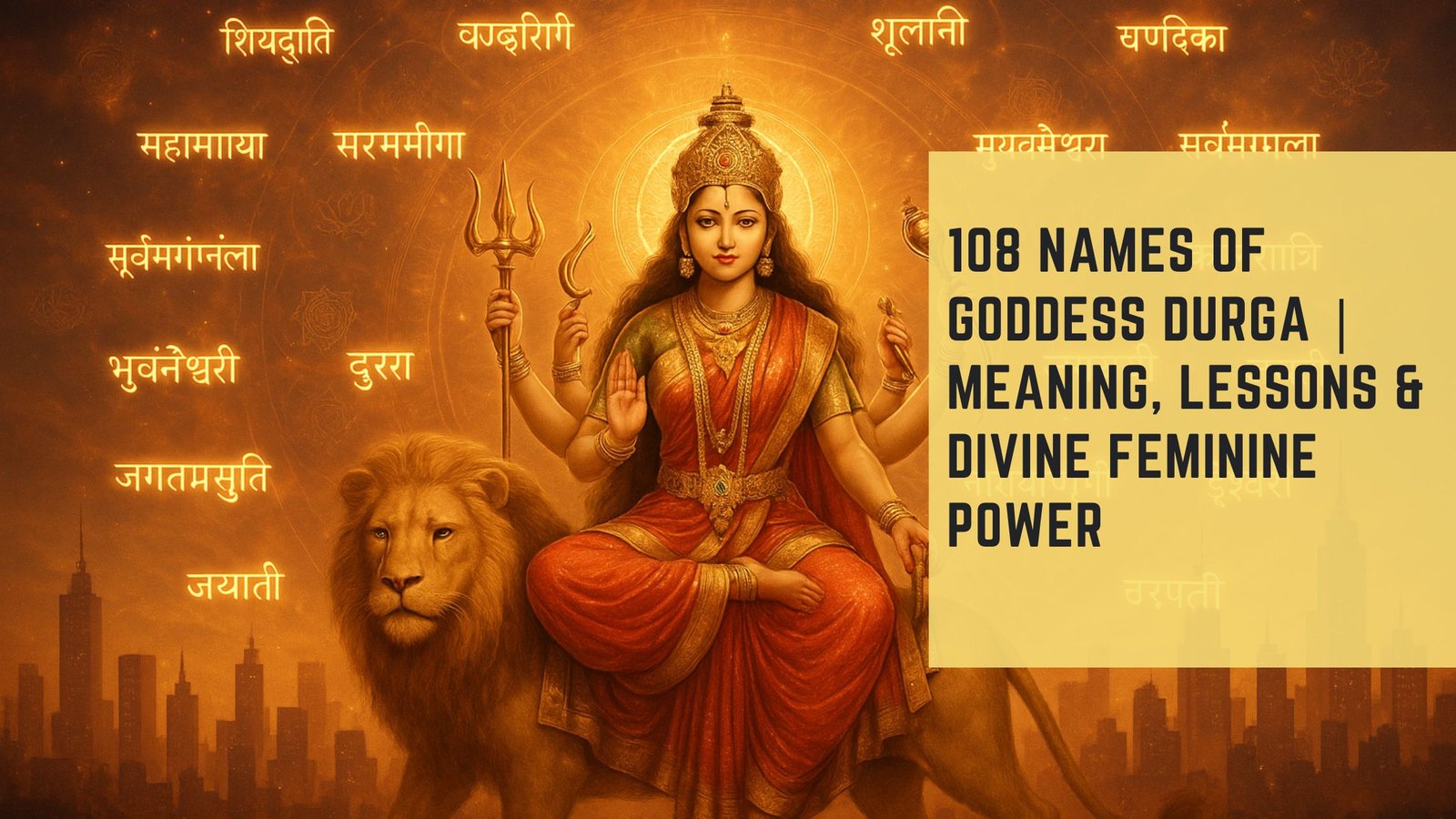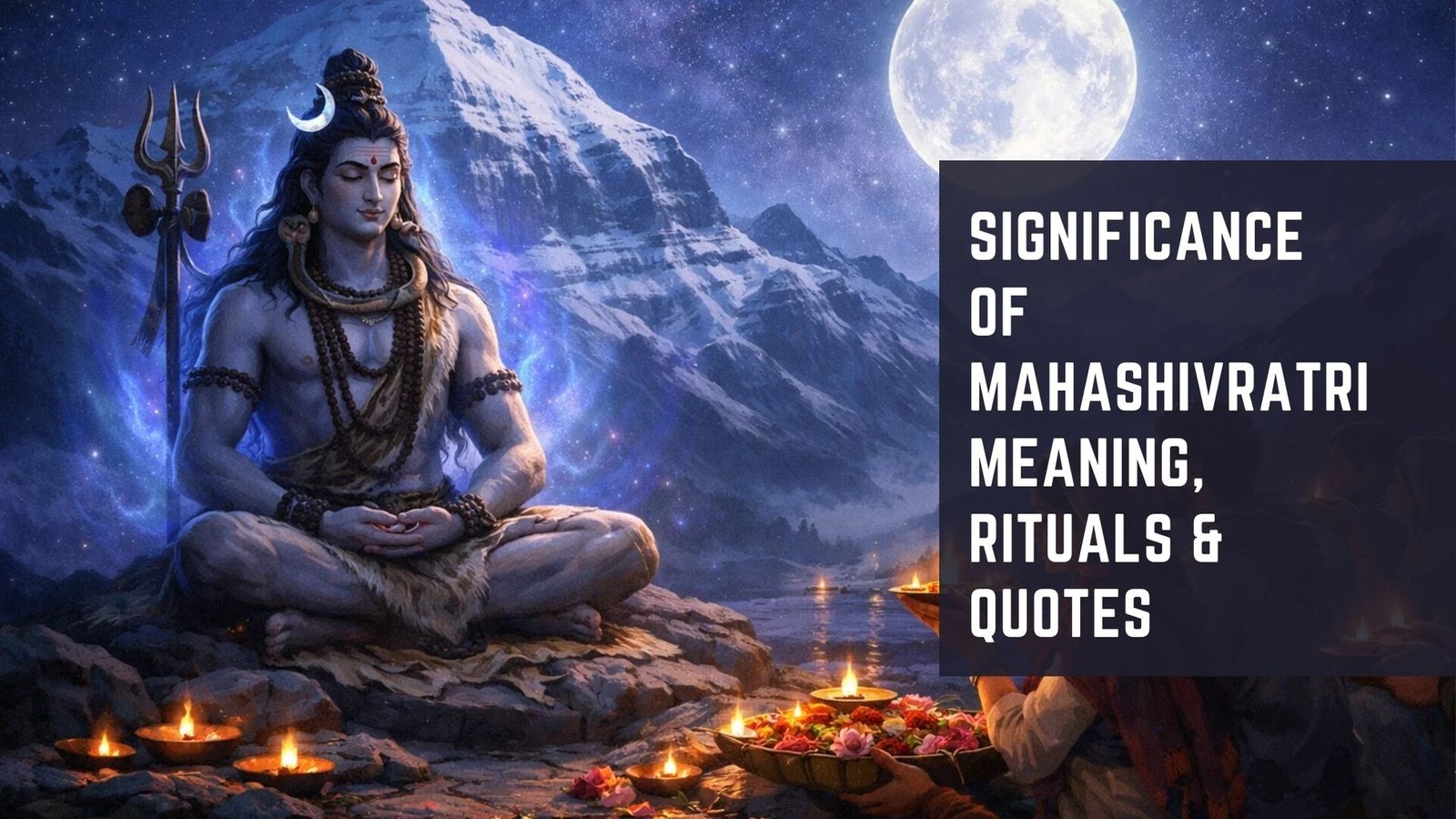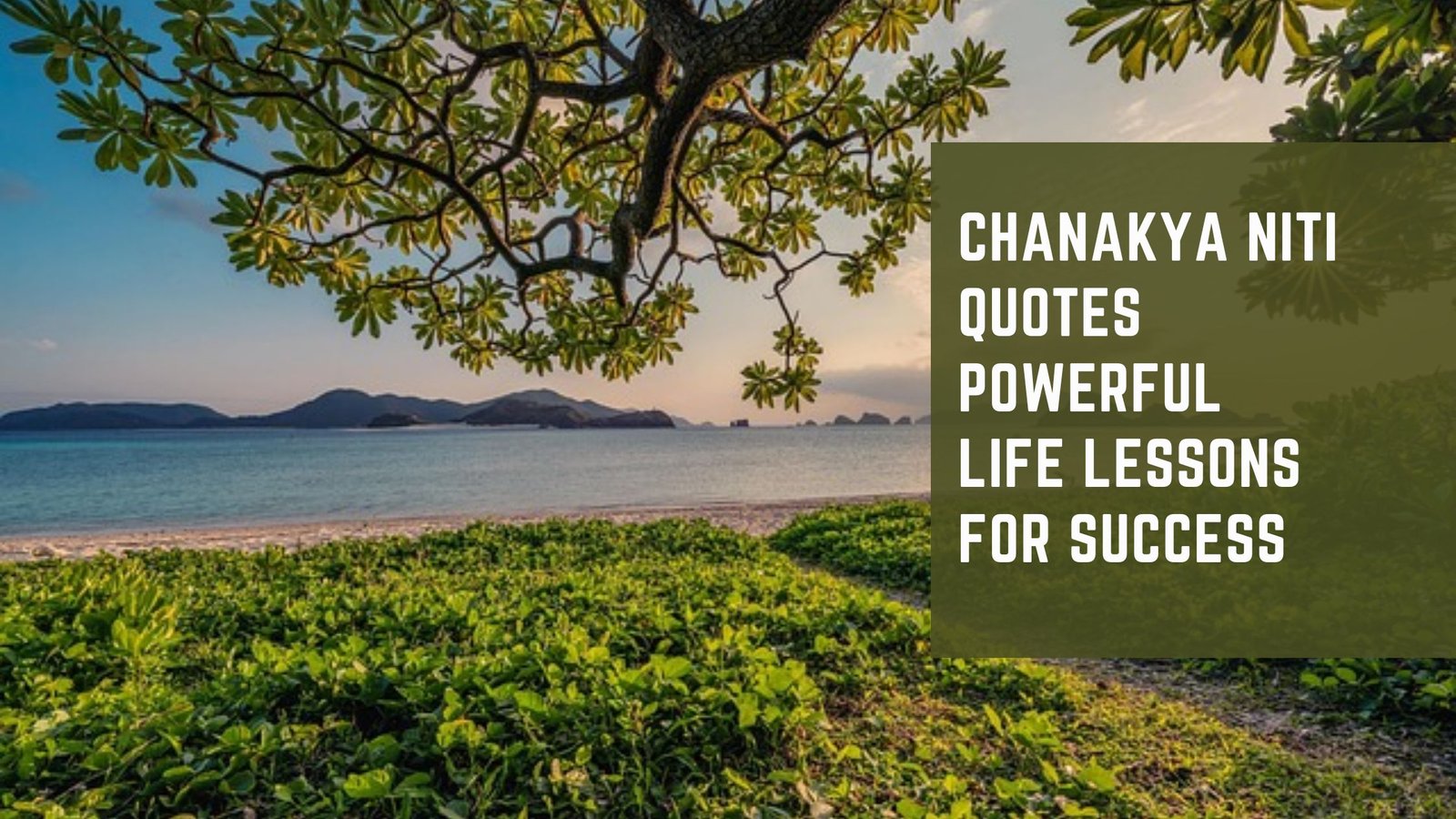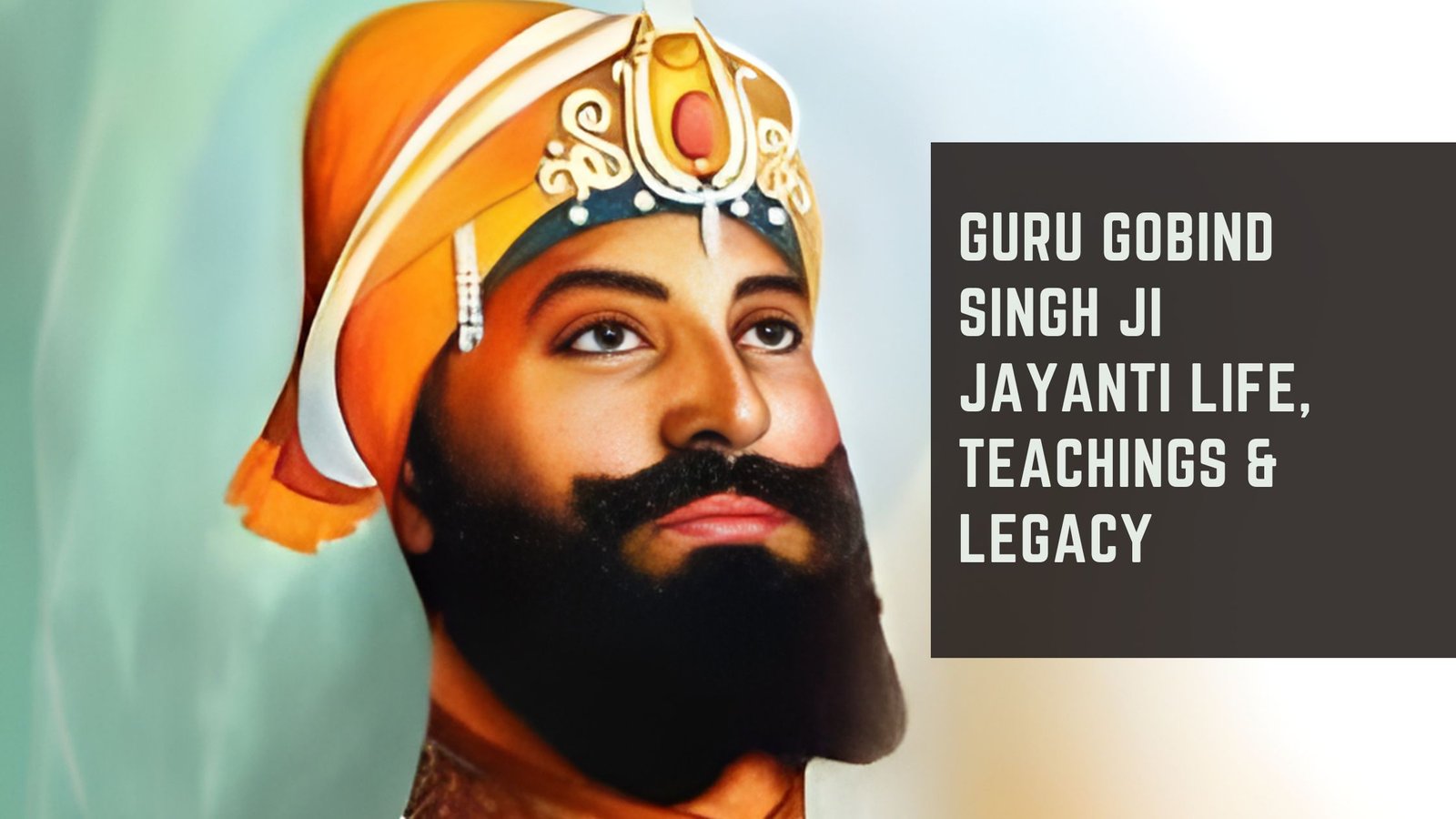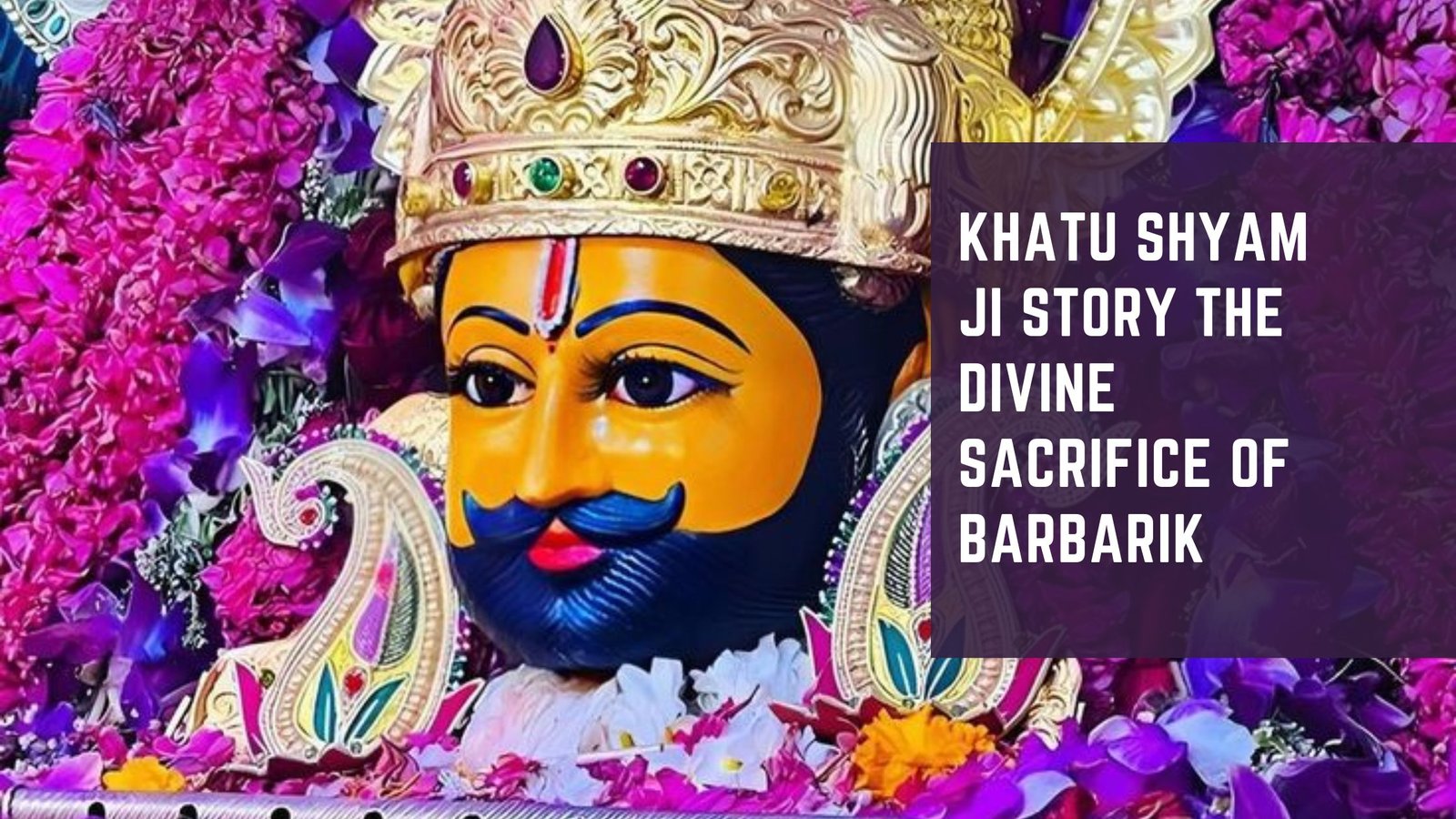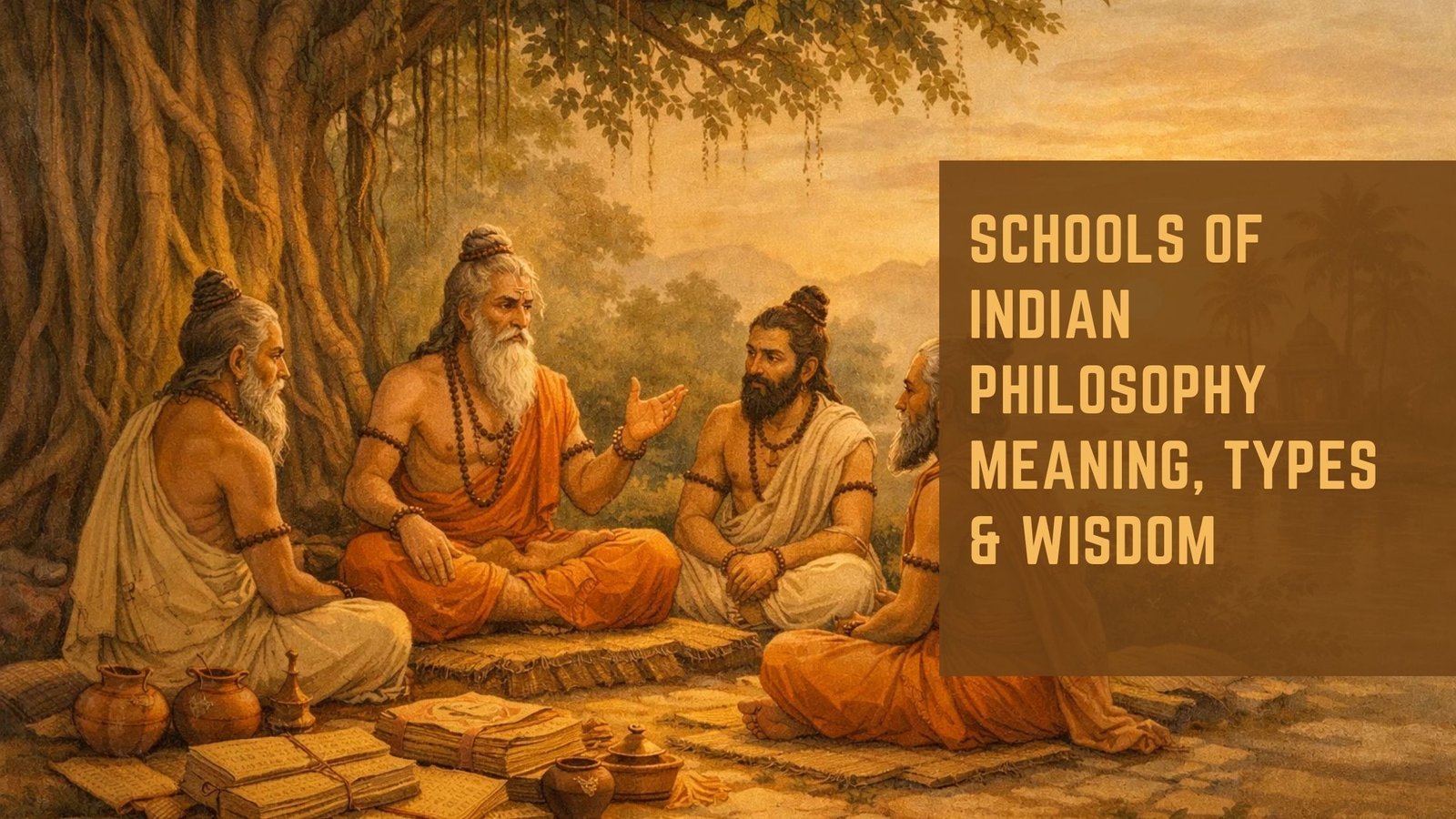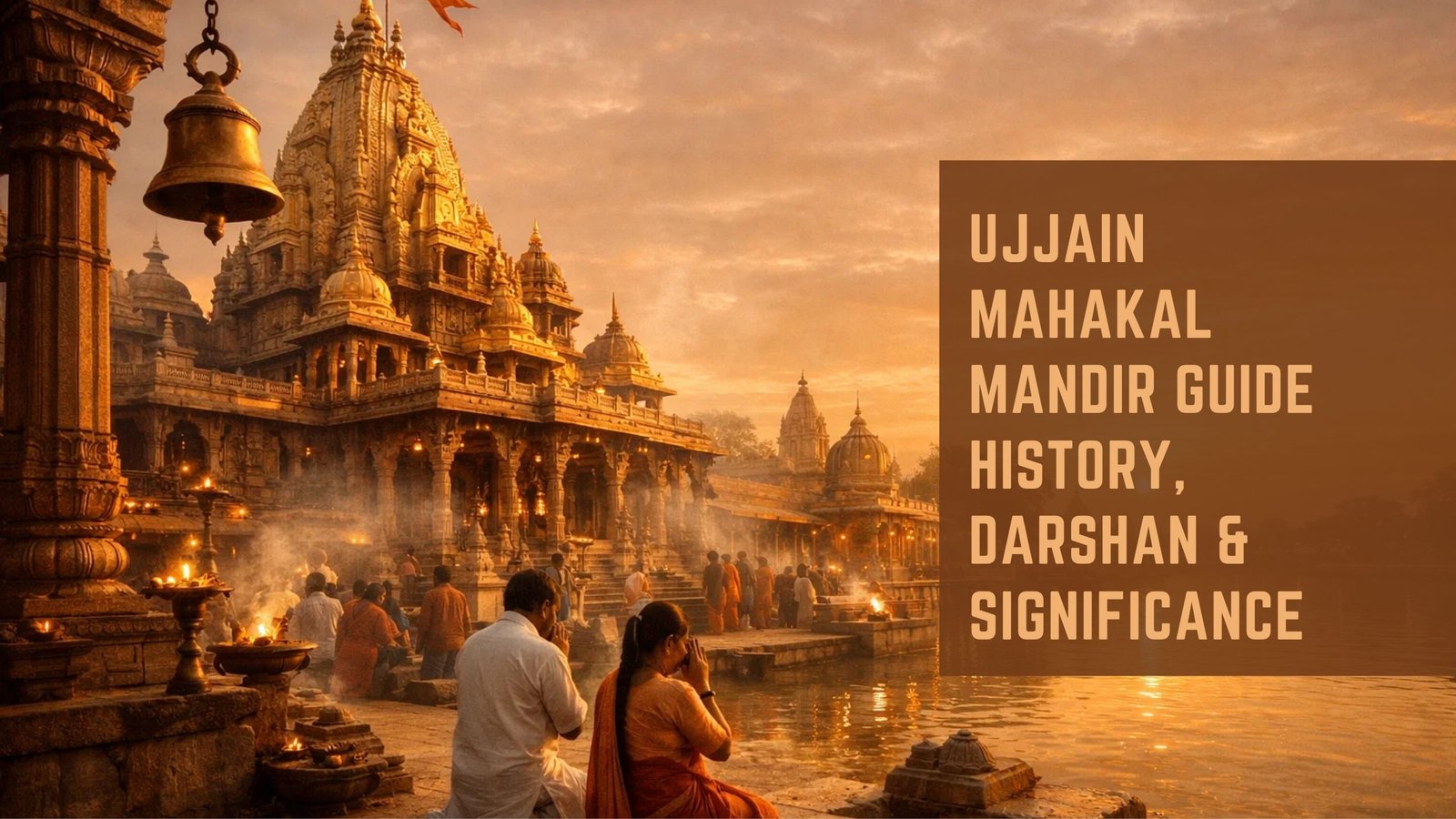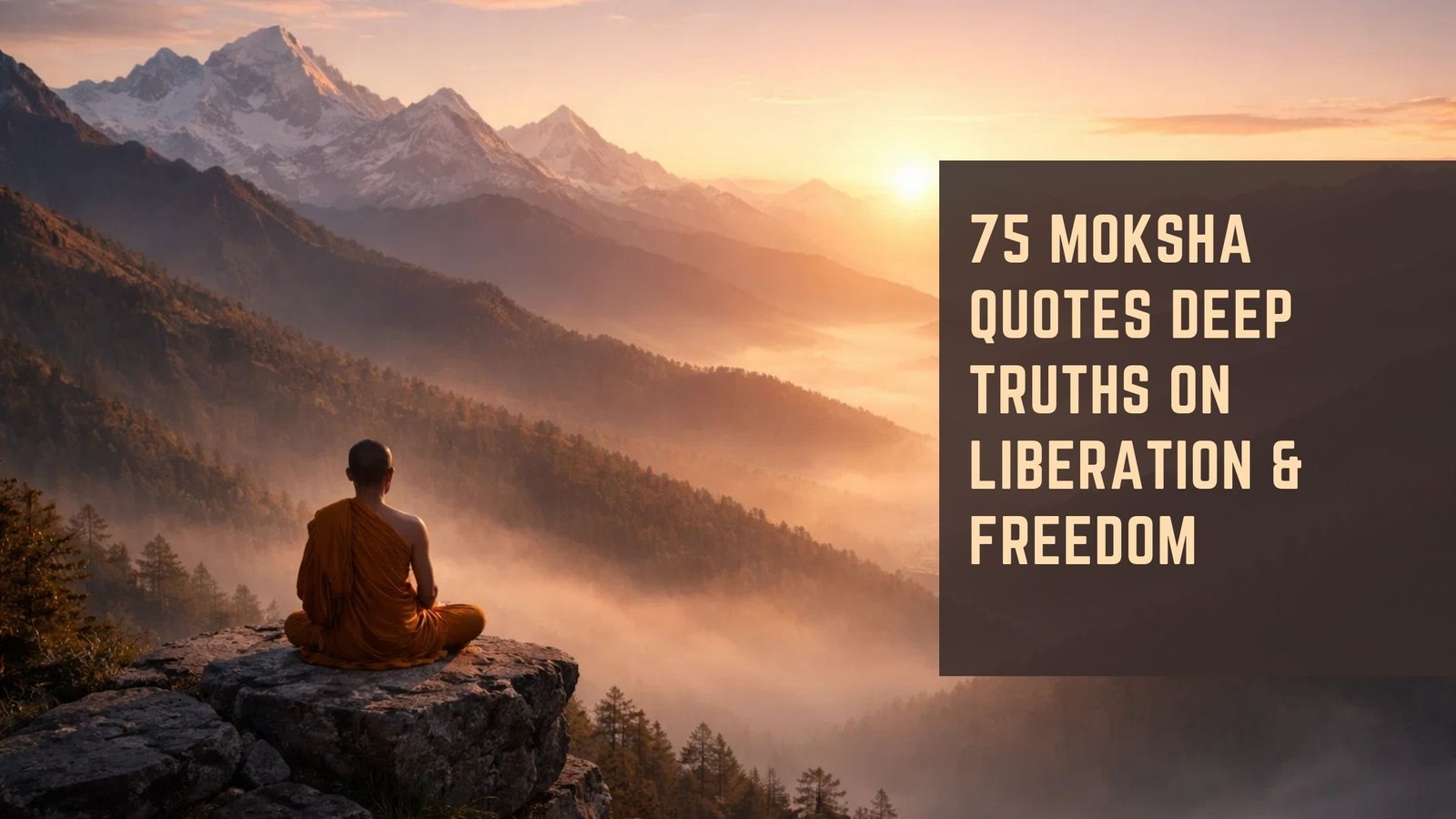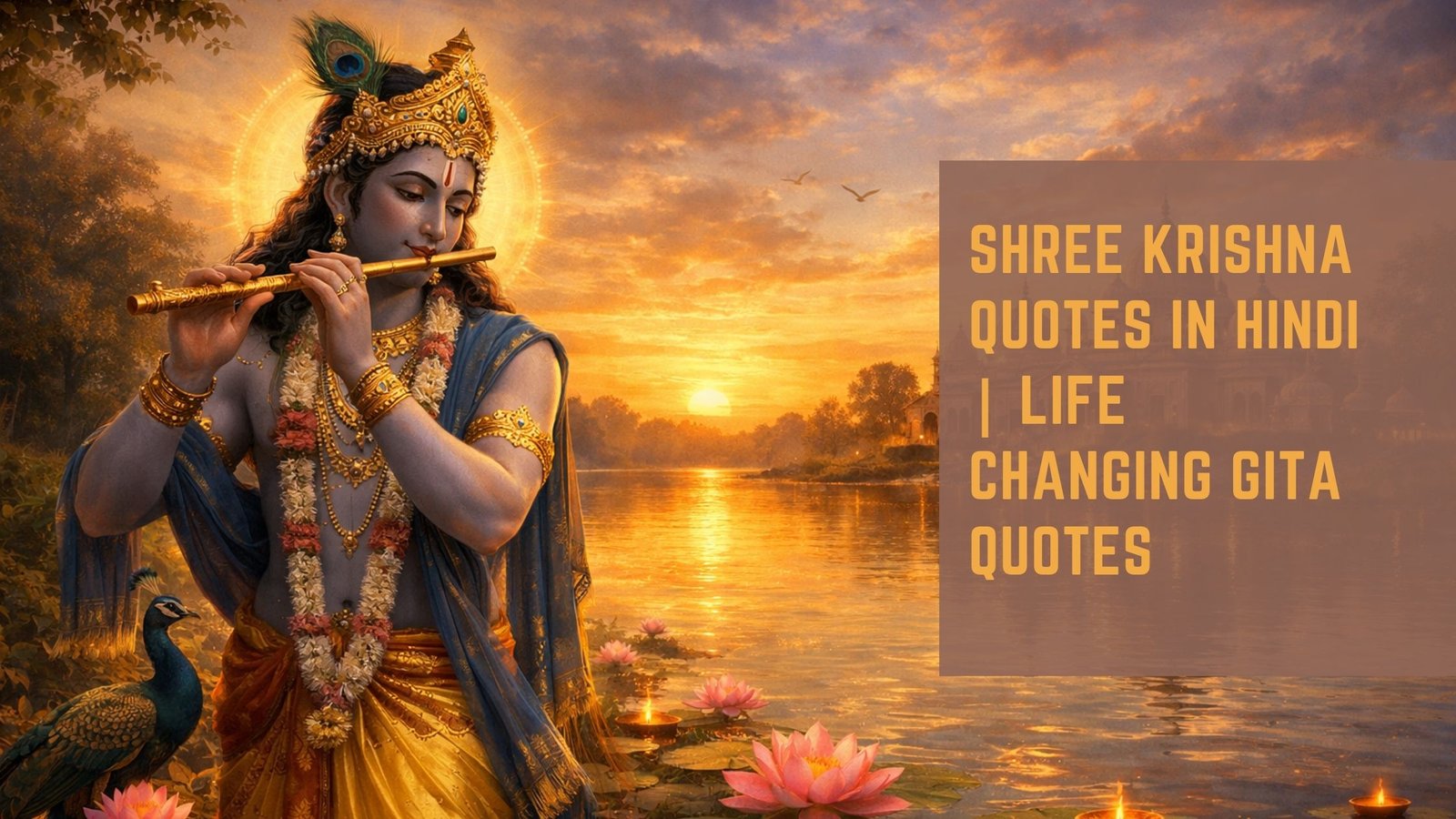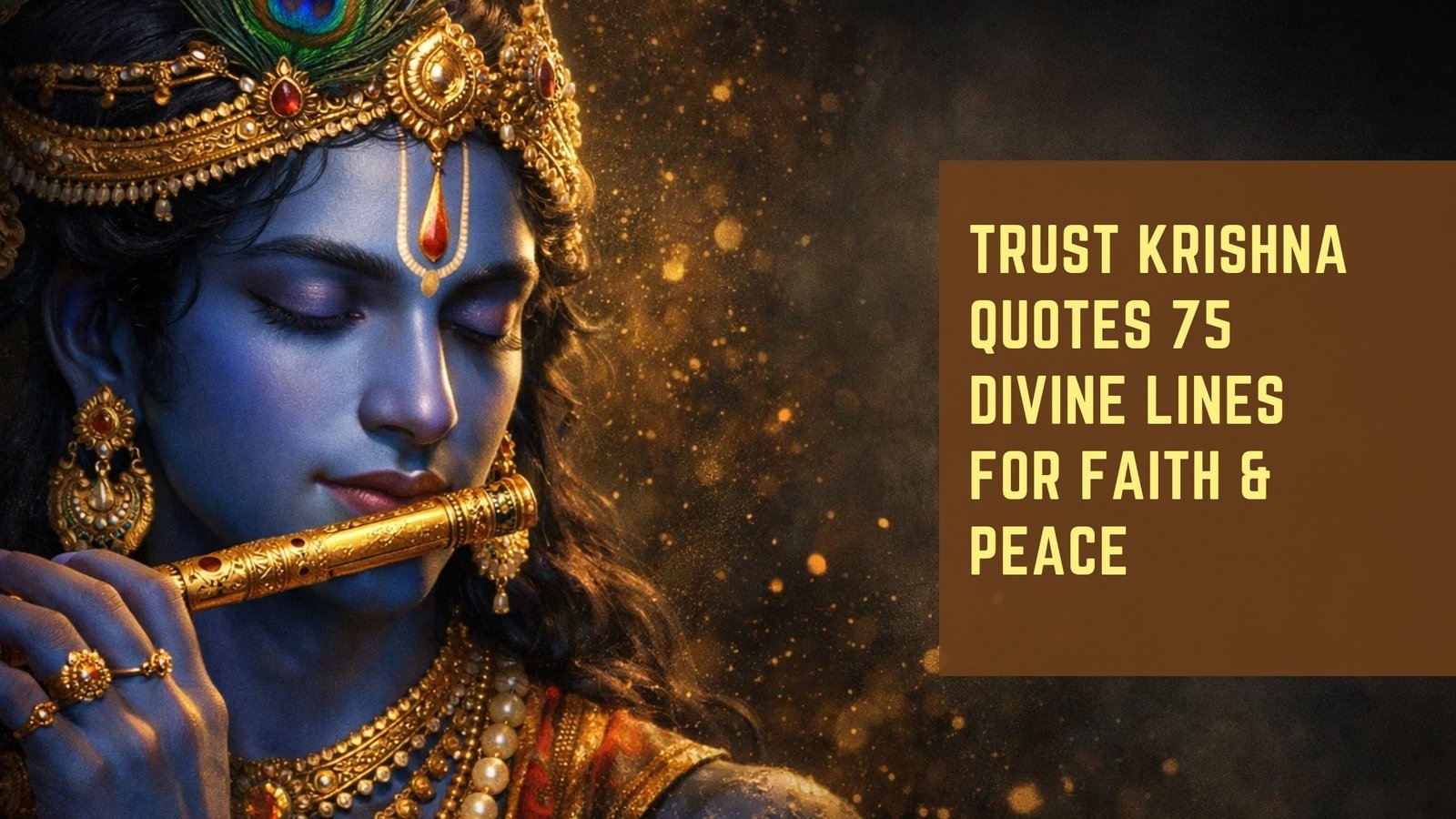Discover the 108 Names of Goddess Durga and their spiritual meanings. Learn how each name represents the Divine Feminine Power, life lessons, symbolism, and modern-day relevance from TheGita.in.
The 108 Names of Goddess Durga are not merely names; they are sacred vibrations of the Divine Feminine Power — the Shakti that sustains, protects, and liberates the universe. Each name represents a facet of Durga’s infinite strength, compassion, and wisdom. Chanting or meditating upon these names connects the devotee with Her cosmic energy, invoking courage, purity, and grace.
“Ya Devi Sarvabhuteshu Shakti Rupena Samsthita, Namastasyai Namastasyai Namastasyai Namo Namah.”
(Meaning: Salutations to the Goddess who resides in all beings as power, I bow to Her again and again.)
Table of Contents
In Hindu tradition, the number 108 holds mystical significance — it symbolizes wholeness, cosmic completeness, and spiritual unity. Thus, the 108 Names of Goddess Durga form a complete spiritual guide to understanding the Divine Feminine Power in its full glory.
108 Names of Goddess Durga and Their Meanings
- Durga — The Invincible One
- Devi — The Goddess
- Tribhuvaneshwari — Goddess of the three worlds
- Yashodā — Giver of fame and glory
- Satya — The Truthful One
- Bhavani — Source of life
- Bhavaprita — Loved by the universe
- Sādhvi — The virtuous one
- Sharvani — Consort of Lord Shiva
- Shakti — The embodiment of power
- Sādhyā — Always attainable by devotion
- Shiva — Pure and auspicious
- Prabhā — The radiant light
- Chandra — As beautiful as the moon
- Chandrika — Moonlight
- Jyotsnā — Radiant light
- Kānti — Beautiful and radiant
- Kalyāni — Bestower of auspiciousness
- Rohini — Rising star of compassion
- Kālarātri — Goddess of dissolution
- Mahākāli — Great time, destroyer of evil
- Mahāmāyā — Great illusion
- Mahālakṣmī — Bestower of wealth and prosperity
- Mahāsaraswati — Goddess of wisdom
- Mahādevi — The supreme goddess
- Maheshwari — Consort of Mahesh (Shiva)
- Mahārudrā — Great destroyer of evil
- Mahāsiddhi — Grantor of great powers
- Mahāvidyā — Embodiment of supreme knowledge
- Mahābhairavi — Fierce form of the goddess
- Maheshwari — Supreme ruler of all
- Manonmani — The jewel of mind
- Mahāshakti — Infinite divine energy
- Mahāratri — The great night (of destruction)
- Mahādurga — Invincible great goddess
- Mahābhadra — The supremely auspicious
- Mahābala — Infinite strength
- Mahātāpā — Great penance
- Mahārātri — Cosmic night
- Mahāmāya — Cosmic illusion
- Mahānanda — Eternal bliss
- Mahātejā — Infinite radiance
- Mahābuddhi — Infinite wisdom
- Mahāsiddha — Great accomplisher
- Mahāyogini — Supreme practitioner of yoga
- Mahākāla — Beyond time
- Mahāgrāsa — Devourer of all evil
- Mahāmoksha — Giver of liberation
- Mahākānti — Great beauty and light
- Mahāprāna — Vital force of the cosmos
- Mahāshrī — Divine prosperity
- Mahāguhya — Deepest mystery
- Mahātantra — Supreme spiritual science
- Mahāmantra — The ultimate mantra
- Mahāyantra — The cosmic instrument
- Mahārupa — The infinite form
- Mahāpūjya — Worthy of supreme worship
- Mahāpāpa Vināshini — Destroyer of great sins
- Mahāpātaka Nāshini — Redeemer of sinners
- Mahādurgā — Great protector
- Mahābhayā — Remover of great fear
- Mahākaruṇā — Embodiment of compassion
- Mahādeśa — Supreme direction
- Mahādharma — Upholder of righteousness
- Mahākāmya — Fulfillment of great desires
- Mahākarma — Doer of great deeds
- Mahāyajña — Sacred sacrifice
- Mahāhoma — Cosmic offering
- Mahātapasvini — Great ascetic
- Mahāpatra — Of great dignity
- Mahābhāgyā — Great fortune
- Mahāprabhā — Great radiance
- Mahābhūta — Great elements of nature
- Mahābhāgyavatī — Most fortunate
- Mahāśakti — Infinite energy
- Mahārati — Great delight
- Mahāmātri — Universal Mother
- Mahāmanasā — Great intelligence
- Mahāgambhīrā — Deep beyond measure
- Mahādhīrā — Great courage
- Mahāsampat — Supreme wealth
- Mahāsiddhā — Attained in perfection
- Mahāsaubhāgyā — Great good fortune
- Mahāśraddhā — Infinite devotion
- Mahāśānti — Great peace
- Mahādhyāna — Great meditation
- Mahānidhi — Great treasure
- Mahāvrata — Great vow
- Mahāyajñā — Eternal sacrifice
- Mahāpūjā — Supreme worship
- Mahābala — Great strength
- Mahābuddhi — Infinite intellect
- Mahāyasha — Eternal fame
- Mahāvrinda — Surrounded by divine energies
- Mahāsattva — Supreme truth
- Mahāsparsha — The supreme touch of divinity
- Mahāsmriti — Supreme remembrance
- Mahābuddhi — Great understanding
- Mahākarma Phala Prada — Giver of fruits of action
- Mahārogya — Granter of perfect health
- Mahābhoga — Bestower of pleasures
- Mahāārogya — Destroyer of disease
- Mahāyashaswini — Most renowned
- Mahāratna — Precious jewel
- Mahābhakti Prada — Giver of supreme devotion
- Mahājnāna Prada — Giver of supreme knowledge
- Mahāmoksha Prada — Giver of salvation
- Mahādurga — Eternal protector and mother
Symbolism Behind the 108 Names
Each of the 108 Names of Goddess Durga carries deep symbolic meaning. For instance:
- Mahishasuramardini reminds us that good always triumphs over evil.
- Kaalratri teaches the necessity of transformation through darkness.
- Jagadamba symbolizes universal motherhood — caring for all beings without discrimination.
- Parvati represents balance — the harmony between strength and gentleness.
These names are not separate; they reflect the many dimensions of Divine Feminine Power within every soul.
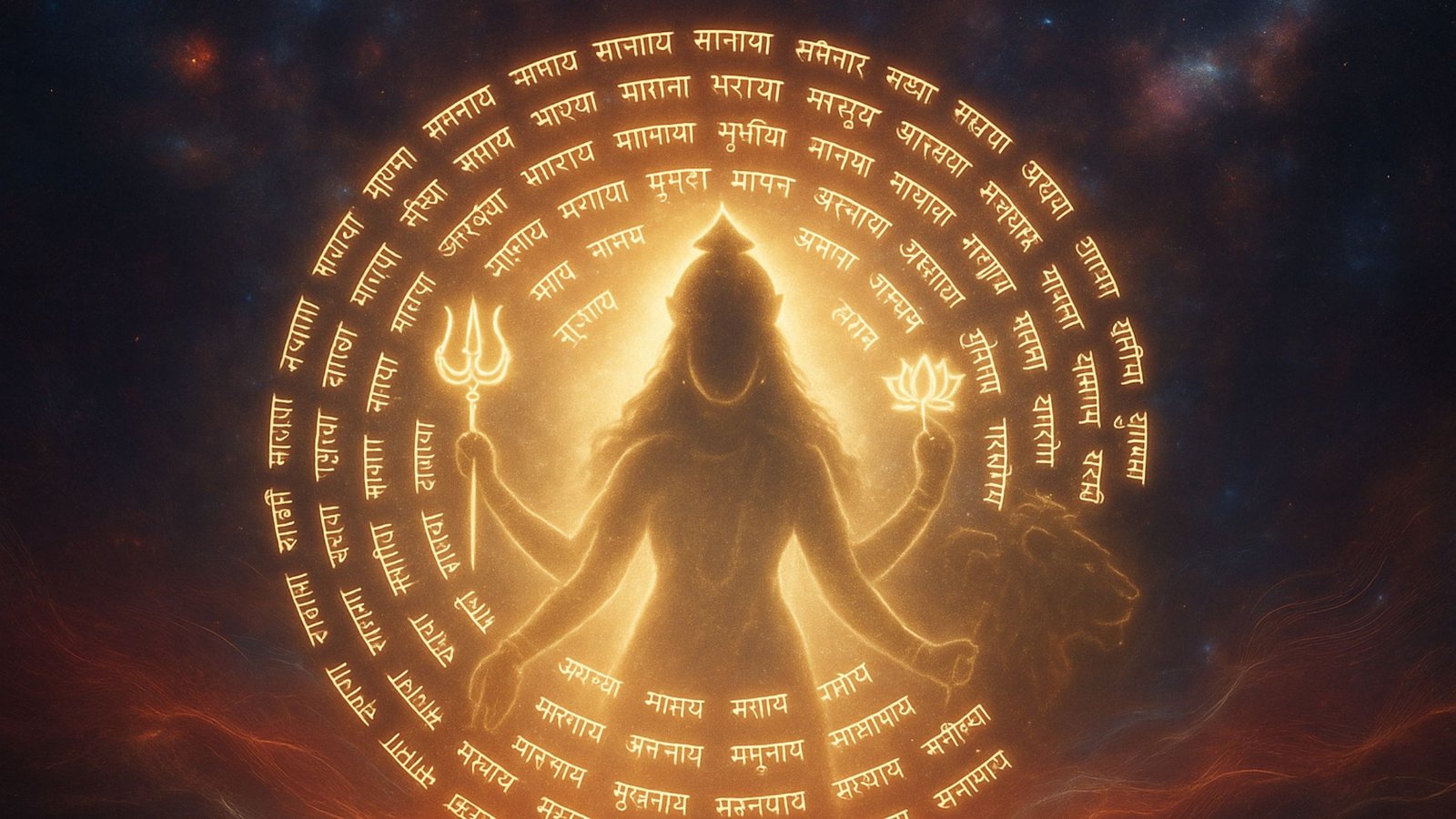
Lessons from the 108 Names of Goddess Durga
- Strength in Compassion: True power arises not from dominance but from nurturing love.
- Courage in Faith: Like Durga slaying demons, we too must conquer our inner negativities.
- Balance of Energies: Durga embodies both fierceness and tenderness — a lesson in spiritual equilibrium.
- Self-Realization: Understanding the 108 names is a journey inward — discovering the Divine Feminine Power within.
- Universal Oneness: Each name dissolves separation, teaching that we are all part of the same divine whole.
“The Goddess is not outside you; She breathes within you. Recognize Her strength in your heartbeat and Her grace in your breath.”
Quotes on Goddess Durga
In Sanskrit:
“दुर्गा दु:खहरणं शक्तिरूपिणी सर्वदा।”
(Durga removes sorrows; She is the eternal embodiment of strength.)
In Hindi:
“जहां शक्ति है, वहीं दुर्गा का वास है।”
(Where there is power, there resides Goddess Durga.)
In English:
“Every woman carries within her the spark of Durga — the power to rise, protect, and create.”
In Punjabi:
“ਜਿੱਥੇ ਮਾਂ ਦਾ ਆਸ਼ੀਰਵਾਦ ਹੈ, ਓਥੇ ਹਰ ਡਰ ਖਤਮ ਹੈ।”
(Where the Mother’s blessing is present, all fear disappears.)
These quotes remind us that the Divine Feminine Power is not distant; it manifests through every act of courage, love, and righteousness.
Spiritual Significance in Modern Life
In today’s fast-paced world, the 108 Names of Goddess Durga serve as an anchor of peace. Chanting them daily cultivates inner strength and mindfulness. The modern seeker finds in Durga not just a deity but a divine companion who walks with them through the challenges of life.
- In workplaces: Durga inspires ethical action and leadership with compassion.
- In families: She teaches patience, nurturing, and resilience.
- In self-growth: She awakens the Divine Feminine Power that heals emotional wounds and restores balance.
“When the world feels heavy, invoke Durga — and feel Her strength rise within you.”
Verse Explanation (From the Gita)
Bhagavad Gita (Chapter 10, Verse 34):
“Kīrtiḥ śrīr vāk ca nārīṇāṃ smṛtir medhā dhṛtiḥ kṣamā”
(Among women, I am fame, prosperity, speech, memory, intelligence, firmness, and forgiveness.)
This verse connects directly to the 108 Names of Goddess Durga, as each name embodies these divine attributes — intelligence (Medha), strength (Shakti), forgiveness (Kshama), and glory (Kirti).
Modern Relevance
The 108 Names of Goddess Durga are not only for spiritual seekers but for every individual seeking empowerment. They teach equality, divine motherhood, and the sacredness of all life. In a world that often undervalues gentleness, the Divine Feminine Power restores balance — reminding us that creation itself is sustained by love and courage.
“The Modern Relevance of the 108 Names of Goddess Durga lies in their timeless message — guiding today’s generation to awaken inner strength, embrace compassion, and live in harmony with the Divine Feminine Power amidst life’s challenges.”
Durga’s message:
“Rise with strength, act with compassion, and protect with wisdom.”
FAQs on 108 Names of Goddess Durga
What are the 108 Names of Goddess Durga?
The 108 Names of Goddess Durga represent her divine qualities and powers. Each name, such as Durga, Chandika, and Mahishasuramardini, signifies a different aspect of her energy and symbolizes the Divine Feminine Power that nurtures and protects the universe.
Why are there 108 names of Durga?
The number 108 holds cosmic and spiritual significance in Hinduism. It represents wholeness and the complete cycle of creation. Chanting the 108 Names of Goddess Durga is believed to purify the mind and connect the devotee to divine energy.
What are the benefits of chanting the 108 Names of Goddess Durga?
Chanting these names helps remove fear, brings mental peace, enhances confidence, and invokes blessings of protection and prosperity. It also awakens the Divine Feminine Power within, inspiring strength and spiritual growth.
When should we chant the 108 Names of Goddess Durga?
Devotees often chant these names during Navratri, Fridays, or early mornings during meditation. However, they can be recited any day with devotion, as Goddess Durga listens to sincere prayers beyond rituals.
Which name of Goddess Durga is the most powerful?
Every name of Durga carries its own divine vibration. Mahishasuramardini (the destroyer of evil) and Chandika (the fierce protector) are among the most powerful names that symbolize courage, righteousness, and the triumph of good over evil.
Conclusion
The 108 Names of Goddess Durga are more than a list of divine titles — they are a sacred journey into the heart of the Divine Feminine Power. Each name reflects a timeless truth: that the Goddess resides not only in temples but within every being who embodies courage, love, and compassion. By chanting or meditating upon these names, we awaken our own inner strength and wisdom.
In every challenge we face, Durga reminds us that light always conquers darkness, and faith always triumphs over fear. The 108 Names of Goddess Durga invite us to live with devotion, humility, and purpose — honoring the sacred energy that sustains the cosmos.
Let every name you chant be a step closer to your divine awakening.
Explore more spiritual insights and sacred teachings at The Gita, where eternal wisdom meets modern life.
